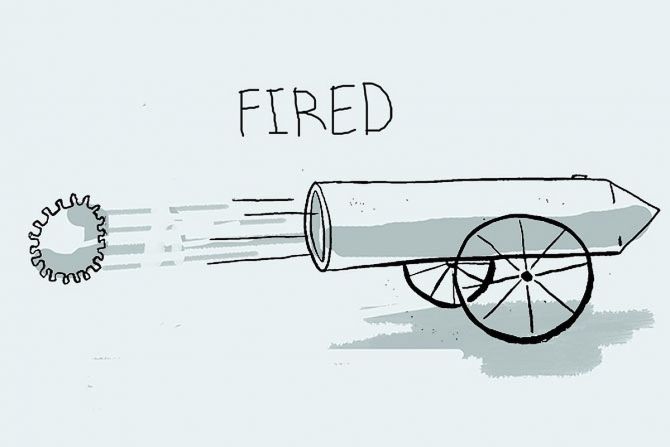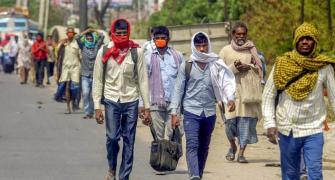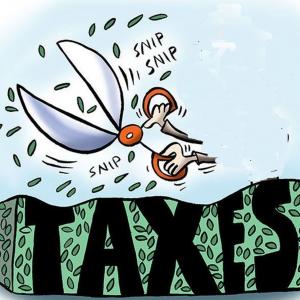The survey showed that women workers fared worse than men when it came to employment recovery (53 per cent versus 57 per cent) and urban areas have been much worse hit despite a quicker bounce back.

Though the employment situation of several people who lost their jobs during the Covid-19 lockdown has improved after the lockdown was lifted, it isn't back to pre-Covid levels yet, the second-round of the survey by Azim Premji University and six civil society organisations to gauge the impact of the pandemic on livelihood showed.
The initial findings of the second round, showed that though more than two thirds (69 per cent) of those employed in February 2020 had lost work during the lockdown that was enforced in April and May, six months after the lockdown was lifted (September-November) the situation hasn’t come back to normal.
And, nearly 20 per cent of the people were out of work when the survey was conducted between October and December 2020, which means they did not find even one day of work in the month preceding the survey.
The first round of survey was done in the months of April and May 2020 and covered nearly 5,000 respondents (mostly from informal and vulnerable households).
In the second round of the survey, around 2,778 respondents from the first survey were re-interviewed, across 12 states, to understand what has been the nature of economic recovery.
The second round of survey was done in the months of October, November and December, the initial findings of which was released today.
It covered self-employed, casual and regular wage and salaried workers largely in the unorganized sector.
It also showed that women workers fared worse than men when it came to employment recovery (53 per cent versus 57 per cent) and urban areas have been much worse hit despite a quicker bounce back.
The survey also found that for those workers who are employed post-lockdown, earnings have recovered to pre-lockdown levels, but since a large fraction of workers was still out of work six months later, on the whole earnings are half of what they used to be prior to the lockdown.
It said that though around 9 out of the 10 households had reported cutting down on their food consumption during the lockdown, six months later only a third reported that consumption was back at pre-lockdown levels.
“Urban households are worse off with 28 percent reporting that food consumption was still at lockdown levels as against 15 percent of rural households,” the Survey showed.
It said that the preliminary findings showed that a continued expanded allocation for MGNREGA, as well as the introduction of an urban employment scheme in the upcoming budget are crucial for addressing this livelihood crisis.
Further, given the weakness in food and earnings recovery, there is an urgent need to expand the scope of the current PDS provisioning alongside an adequate security net for those who have suffered the most during this crisis, a statement said.










